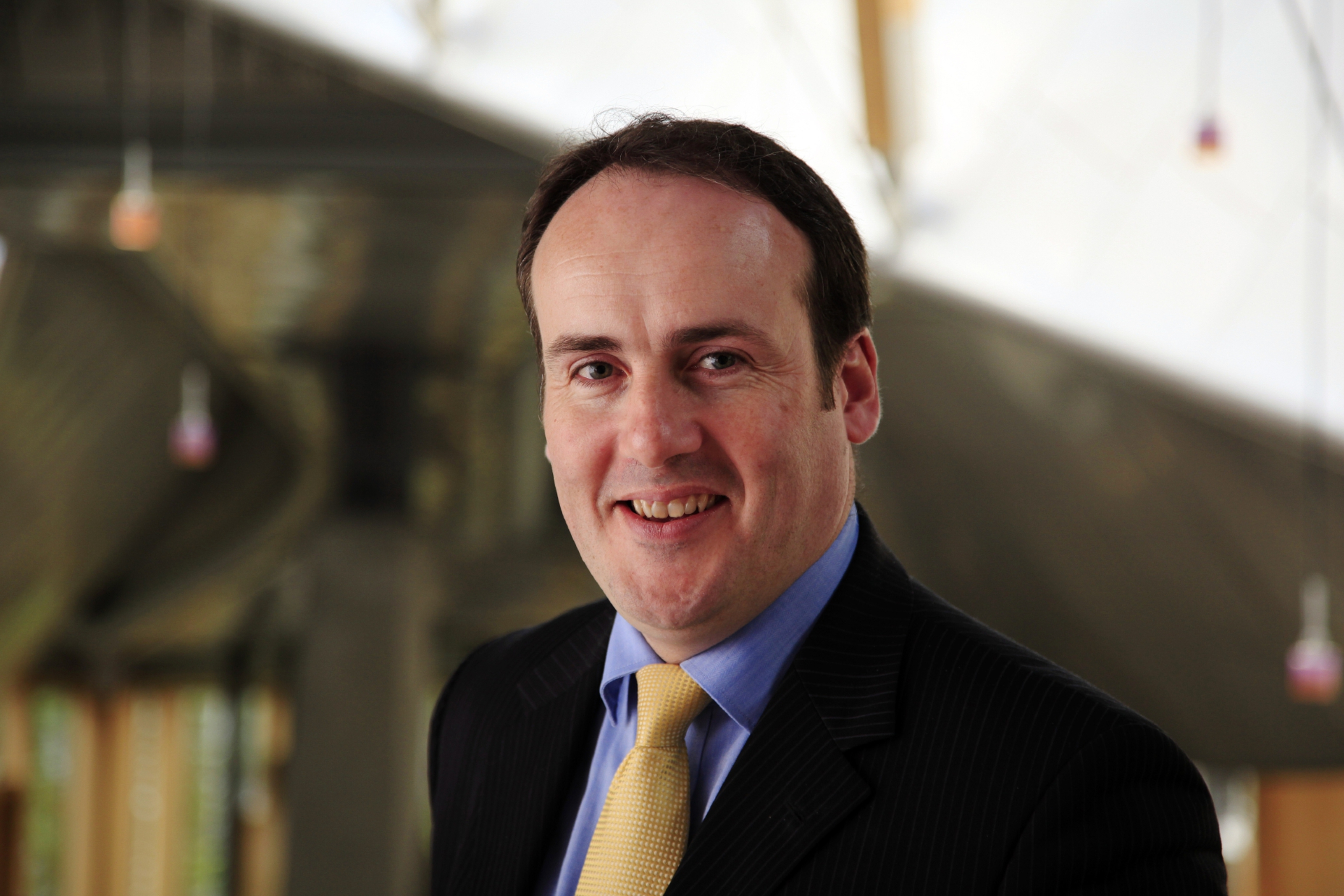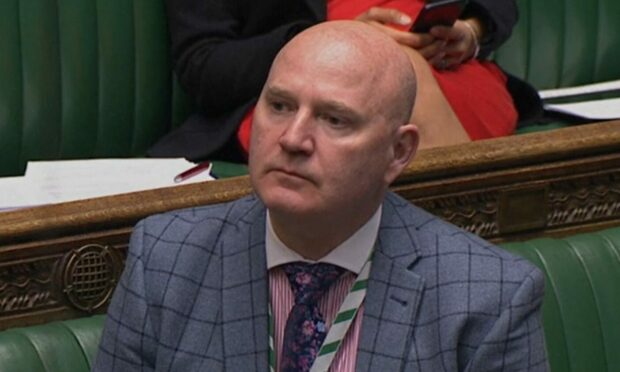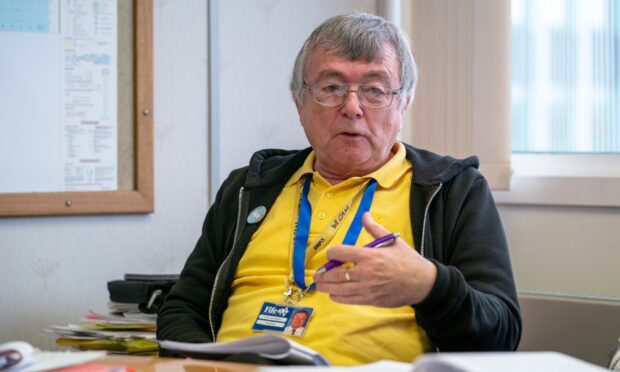Fracking could be worth £3.4bn to the Scottish economy and create up to 1,400 jobs, the energy minister has told Holyrood.
The SNP Government, whose leader Nicola Sturgeon is “highly sceptical” of the energy extraction technique, released a raft of expert evidence it had commissioned into the impact of fracking on Tuesday.
One of the reports, by KPMG, reveals that if the controversial technology were allowed, it would be worth around £2.2bn to the economy through to 2062.
The supply chain would benefit to the tune of a further £1.2bn, it found, with about 1,400 new jobs created.
But that has to be weighed up against warnings in the report over the impact on the environment, public health, house prices and visual amenity, ministers said.
Paul Wheelhouse, the energy minister, said a consultation into fracking would start in the New Year.
Mr Wheelhouse said: “The Scottish Government has adopted a clear and consistent approach to emerging technologies that could develop Scotland’s onshore hydrocarbon resources.
“Our approach to unconventional oil and gas is one of caution while we gather and consider evidence on those new technologies that have been proposed by industry.
“That process has already resulted in the decision last month not to proceed with underground coal gasification in Scotland.”
The Scottish Conservatives’ energy spokesman, Alexander Burnett MSP, said Scotland needs a quick decision from the SNP to take advantage of the economic boost that fracking will provide.
He said: “Ministers already commissioned expert scientific advice, which found that fracking can take place safely provided the right regulatory regime is in place. However, they chose to ignore that for political reasons.
“Today, we have yet more evidence, but this government seems incapable of making a tough decision.”
WWF Scotland director Lang Banks said the independent research shows that emissions from unregulated fracking could potentially add at least 10% to annual climate emissions.
Fracking, also known as hydraulic fracturing, involves drilling into the ground and shooting a mixture of water, sand and chemicals to release trapped gas.
A moratorium has been in place since January last year, which temporarily forbids fracking despite the existence of UK-issued licences for swathes of central Scotland.
Among the areas which have significant underground reserves of untapped shale gas are around Methil, Kirkcaldy and Rosyth in Fife.
Nicola Sturgeon is “highly sceptical” of fracking, but has said the Scottish Government will wait for the evidence and give the public their chance to comment before making a decision.










